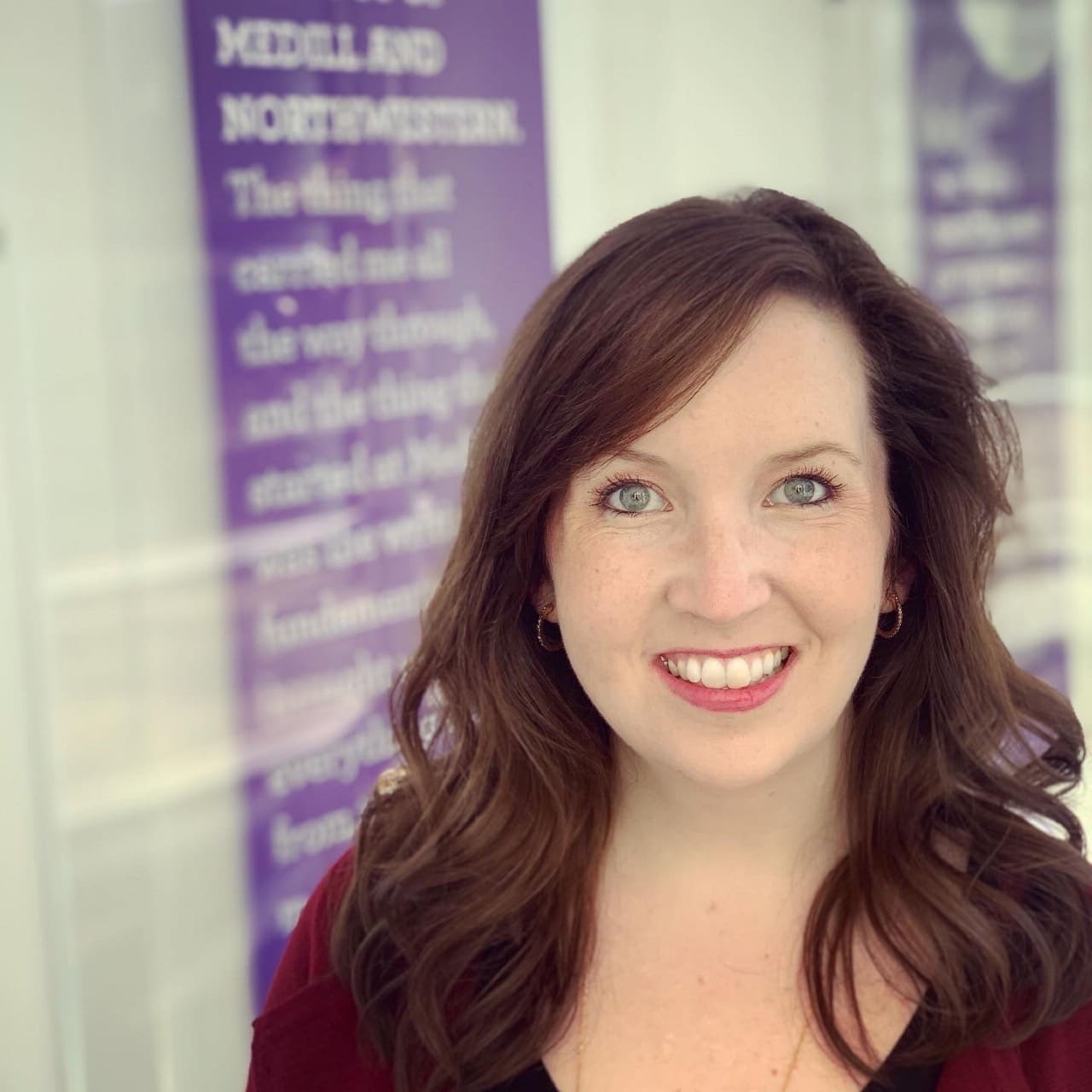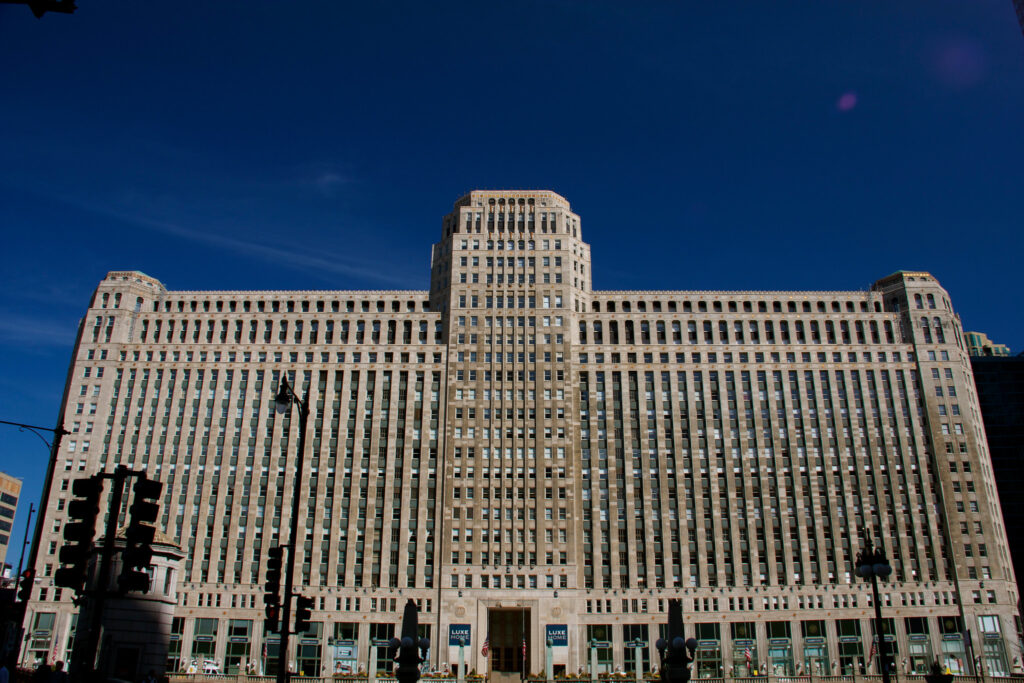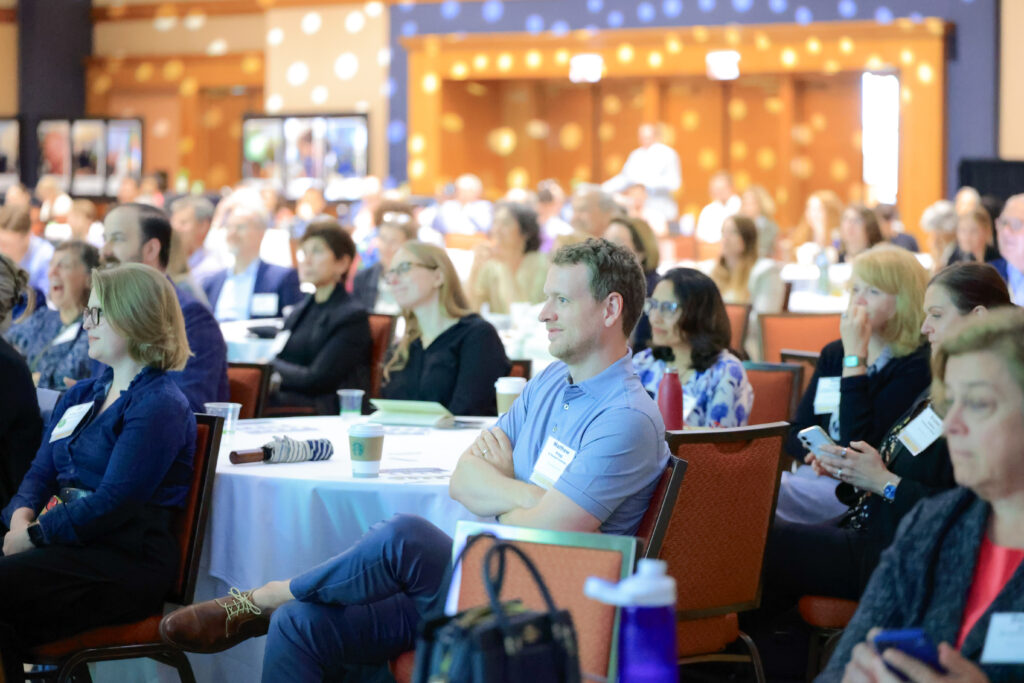This month, our founder Garry Cooper is speaking with world leaders, climate activists and experts, CEOs and other stakeholders at the 27th Conference of the Parties to the United Nations Framework Convention on Climate Change (COP27). The conference – the largest annual meeting on climate action – will take place in Sharm el-Sheikh from November 6-18.
COP27’s agenda is focusing on three major areas this year:
- Strengthening resilience
- Delivering on mitigation ambition
- Knowledge, inclusion and enablers for action
It will also feature thematic days focusing on issues to mitigate climate change, including finance, gender, youth, adaptation, agriculture, biodiversity, energy, solutions, and more.
Explore the full COP27 agenda here.
We are facing climate crises on every front – from rising global temperatures that make it hard for communities to function, to an increase in natural disasters like hurricanes and wildfires, to droughts and food insecurity.
While these situations are alarming and sobering evidence of scientists’ warnings, there are still actions we can take to answer their pleas for humanity to do better for our planet.
And it starts with adapting to and growing the circular economy. At Rheaply, we know circularity is one of the most important mitigators against climate change, and it plays an integral role in climate justice.
Garry will join four other climate experts and activists in the Climate Justice: Vulnerabilities, Transitions, and Opportunities panel to discuss how a circular economy can challenge inequities and support transformational change across vulnerable communities, politics, global economies to create climate solutions.
Circularity for disaster preparedness
Part of developing solutions to mitigate climate change, is cultivating resiliency in communities across the globe. The adoption of circularity empowers communities to rebound and overcome natural disasters quickly and effectively.
During the COVID-19 pandemic, we all witnessed the toll of supply chain shortages. Companies were forced to close temporarily (or permanently) due to lack of resources, essential workers wore PPE far longer than they should have, and our global economy struggled.
In Chicago, our team quickly developed a way to support small businesses (SMBs) and nonprofits in need of affordable PPE during reopening. The City of Chicago and Mayor Lori Lightfoot’s office turned to Rheaply to completely design, implement, launch, manage, and maintain an online, local PPE exchange marketplace in late May of 2020.
If you expand this concept on a larger scale, imagine – with the right tools – how quickly coastal cities could rebuild after hurricane damage, or west coast neighborhoods could revive themselves after wildfires. How could systems like these help drought-ridden communities in Africa prepare for and handle food shortages?
The opportunities and solutions to climate change lie in our hands.
As our founder Garry said on LinkedIn:
“If we all come to realize that the climate crisis is an everything crisis, then circularity becomes the only comprehensive answer. But, it must be done the right way. We must fight climate change in a way that remains authentic to the definition of the movement: being inclusive and representative of all groups.”
Circularity is a way to make environmental resiliency the foundation of sustainable economic recovery. By upskilling workers and creating opportunities across varying demographics, we are allowing our planet to flourish while helping institutions benefit financially from the economic activity.“
How Rheaply supports resiliency
Our mission and our technology are deeply and irrevocably tied to growing the circular economy, and empowering organizations to become more climate centric. It’s not just good and sustainable business, it’s good for the bottom line.
The guiding principles of a circular economy are efficiency, sustainability and equity, and they lead to recovery, regeneration and resiliency, strengthening communities against natural disasters.
Our platform is built so organizations and communities can get the most out of the resources they have, facilitate the exchange of goods, and catalyze new connections to reduce consumption, divert waste, manage costs and support economic mobility.
Efficiency
Streamlines procurement, purchasing, and operations by keeping resources in (re)use
Sustainability
Reduces consumption of finite resources to make a real impact on carbon emissions, pollution, and climate change
Equity
Supports the economic mobility of marginalized communities to empower systems change
When we helped the City of Chicago acquire and distribute the PPE needed for small businesses to reopen, we knew our technology could fuel responses like this in the face of natural disasters — and help companies and communities prepare in advance.
Here’s a glimpse at what we did in Chicago:
- Provided accurate visibility of supplies by ensuring Rheaply’s all items contained the proper description, tagging, quantity allotment, and clear photographs, enabling purchasers to make the best possible decision when choosing a supplier.
- Enabled real-time communication through a dedicated messaging center, immediately alerting organizations when necessary supplies became available.
- Configured purchasing restrictions to facilitate equitable exchange and avoid price gouging
- Vetted suppliers were able to manage posts and inventory, view offers, complete transactions, and communicate with businesses through messaging.
The results? Rheaply helped facilitate more than 35,000 PPE orders across 2,000+ Chicago small businesses and non-profits, with 613k items available in the marketplace.
This is proof that our global communities can adapt to find solutions to climate change. If Chicago could react quickly and successfully to the pandemic supply challenges, implementing circular systems now can bolster cities across the world against natural disasters.
At Rheaply, we believe that using the circular economy to connect people, organizations, and communities, will create positive outcomes that are not only environmental but social, political, and economic as well.
Watch the COP27 livestream
Tune in to Garry’s panels livestream on Saturday, November 12th starting at at 2:30 – 4:00 PM local time, 6:30 – 8:00am CST. (Sharm El-Sheikh, Egypt is 8 hours ahead of CST).
Climate Justice: Vulnerabilities, Transitions, and Opportunities
Panelists:
- Moderator – Carlos Garcia (Bloom Energy) – LinkedIn
- Lisa Jacobson – (President – Business Council for Sustainable Energy) – LinkedIn
- Garry Cooper – (CEO & Co-founder at Rheaply) – LinkedIn
- Michael V. Kril-Mathres – (Co-Founder & Director REDD+Capital) – LinkedIn
- Lubomila Jordanova – (CEO & Co-Founder Plan A & Greentech Alliance) – LinkedIn
- Licypriya Kangujam – (Child Indigenous Climate Activist, Founder of The Child Movement, Special Envoy of the President of Timor Leste ) – Twitter
Just Transitions and Just Sustainabilities (6:00 – 7:30 PM local time; 10:00am CST)
Panelists:
- Moderator – Carlos Garcia (Moderator) – LinkedIn
- Garry Cooper – (CEO & Co-founder at Rheaply) – LinkedIn
- Allyson Browne – (Climate Campaign Manager, Ports at Pacific Environment) – LinkedIn
- Dr. Sweta Chakraborty – (President at We Don’t Have Time) – LinkedIn
- Lewis Perkins – (President at Apparel Impact Institute) – LinkedIn
- Sophia Kianni – (United Nations Climate Advisor, Founder of Climate Cardinals) – LinkedIn


